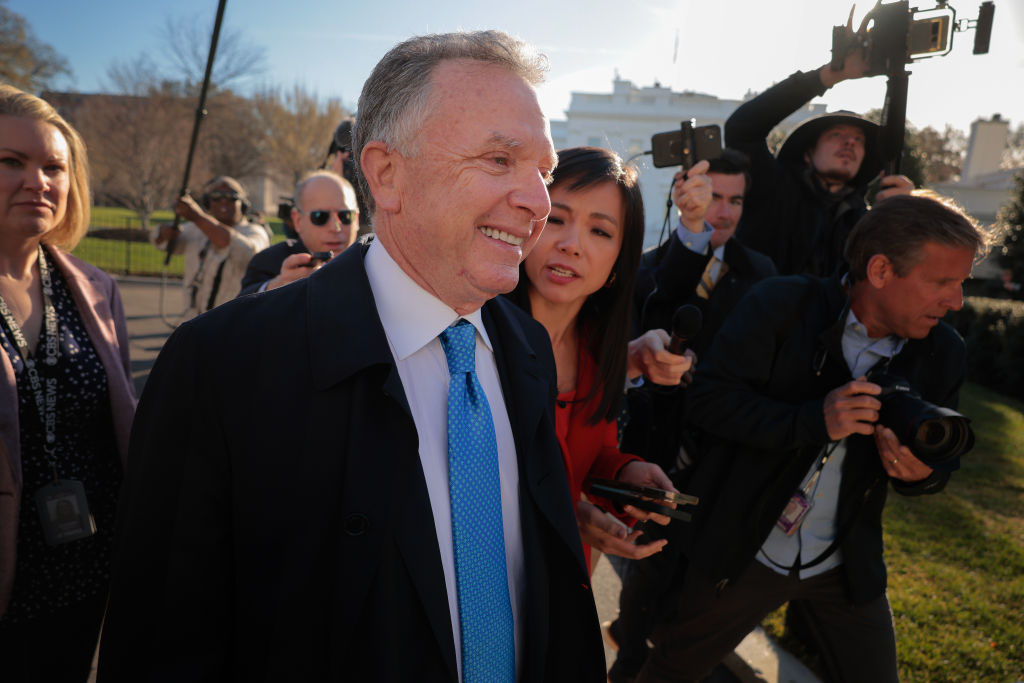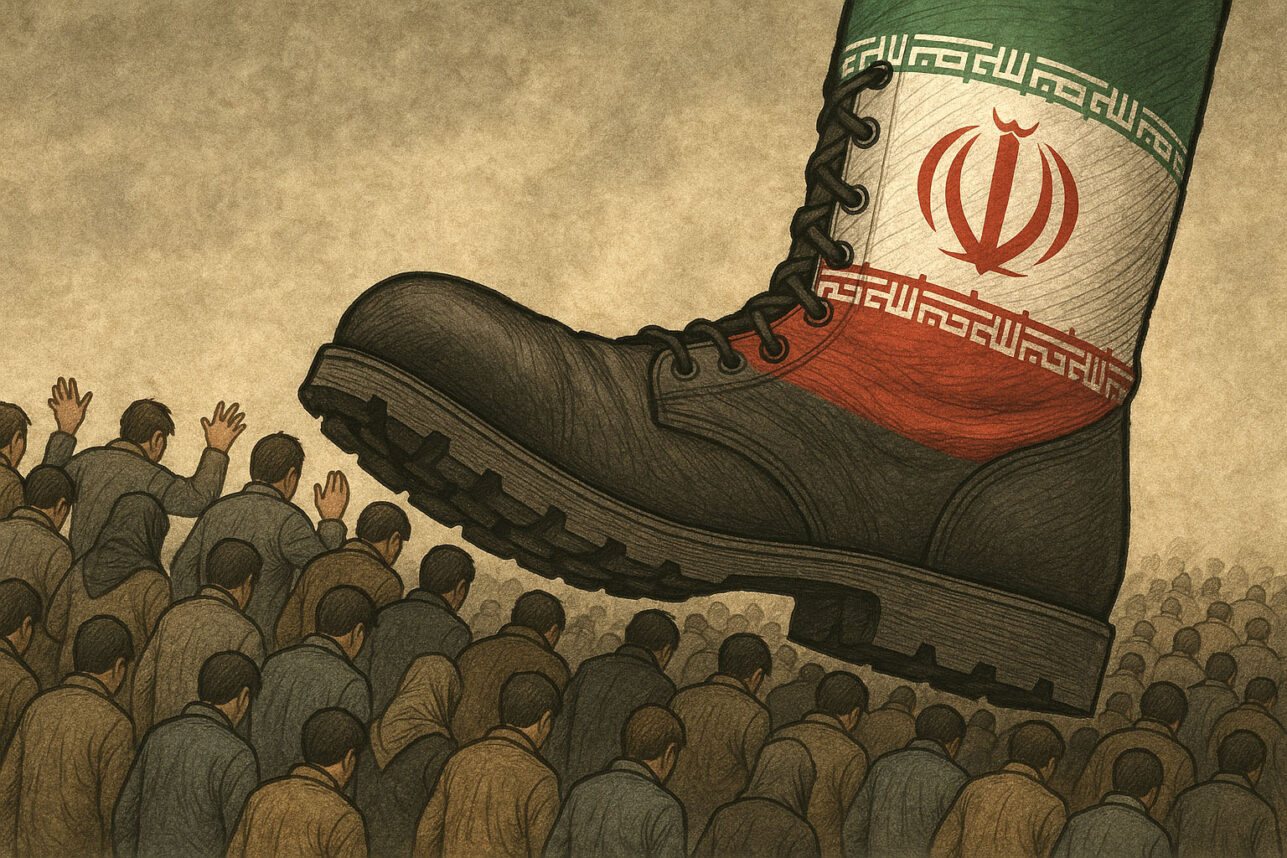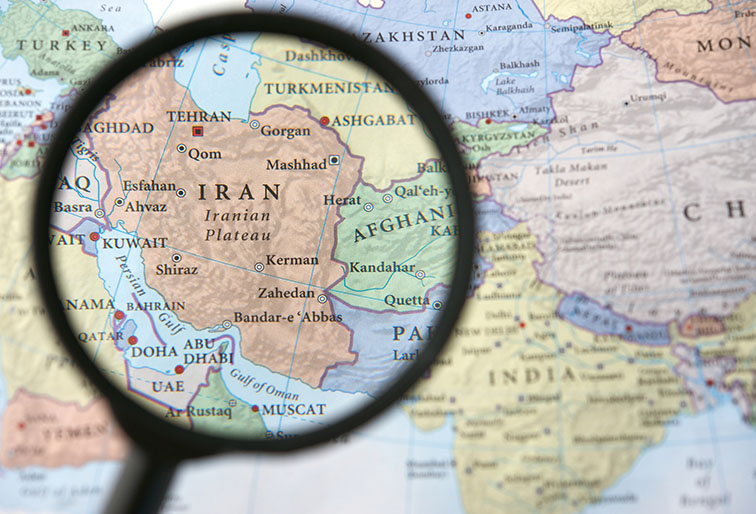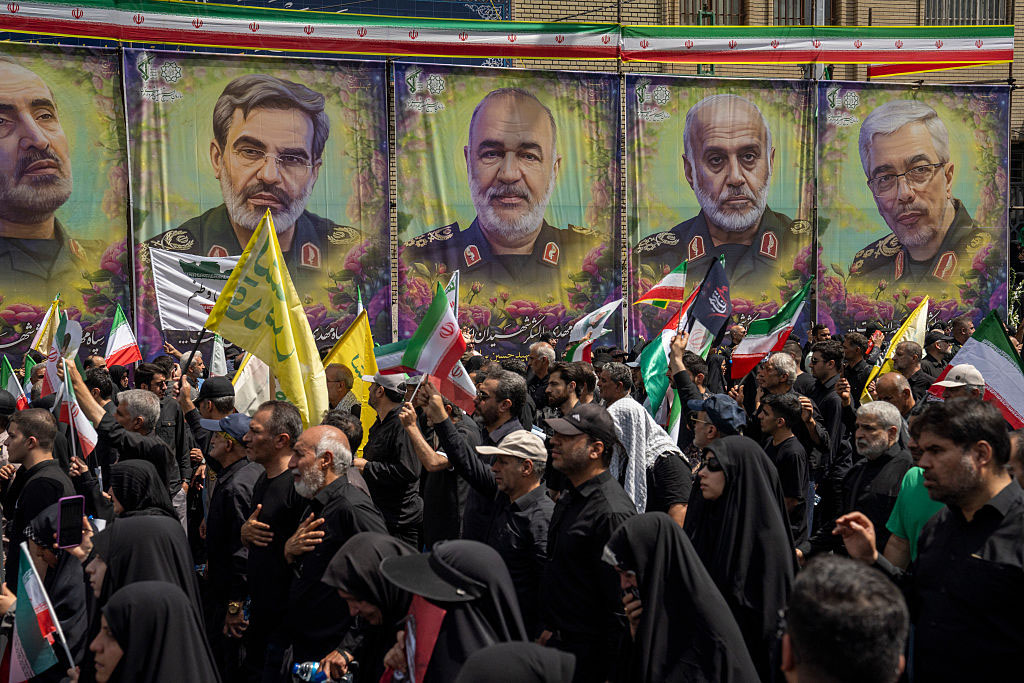
When we last checked in on Trump Administration negotiator Steve Witkoff almost two months ago, he was discussing his strategy for reconciling the irreconcilable demands of the Israeli government and Hamas terrorists. Hamas insisted that Israel withdraw completely from the Gaza Strip and release all remaining Palestinian prisoners from Israeli jails. Israel’s bottom line required the end of Hamas’ control of Gaza and the exile of its leaders from the region.
Witkoff’s analysis was a striking example of understatement: “It’s hard to square that circle.”
Which it continues to be. Peace now looks further away than ever. There has been no meaningful discussion of a ceasefire for weeks and Israel now occupies a larger portion of Gaza than at any time since their 2005 withdrawal from the territory. Donald Trump has also designated Witkoff as his lead negotiator in ending the war between Russia and Ukraine, where the fighting appears to be getting more intense. As a reward for the lack of progress on both of his administration’s most important two non-tariff international challenges, Trump has now tasked his long-time business associate with brokering an agreement with Iran to cease its efforts toward developing nuclear weaponry.
This means that Witkoff, a successful realtor with no previous diplomatic experience, is now in charge of resolving conflicts in the three most highly-charged international hot spots on the planet. Neither Gaza nor Ukraine is any place for a rookie, but almost a half-century of tension, conflict and anger between the U.S. and Iran might make this one the most difficult challenge of all. Such was the setting for Witkoff’s initial meeting last weekend, which began with extremely low expectations that now seem to require even lower ones.
Saturday’s meeting was brokered by Oman, a necessary step given the Iranians’ refusal to speak directly to Americans. Before that meeting even began, Witkoff had unilaterally conceded on a critical negotiating point by suggesting that his “red line” should be for Iran to agree not to proceed toward the production of nuclear weapons. Israel, along with Saudi Arabia and the other Arab states who have relied on the U.S. to require that Iran completely dismantle its existing nuclear program, were alarmed, as were observers in this country who had assumed the talks would proceed under that assumption.
Witkoff’s overture may have been designed to reassure Iran’s leaders that the U.S. would enter the negotiations in good faith, but such a unilateral capitulation is more likely to embolden the mullahs to hold out for even more. Just as Vladimir Putin and Hamas’ leaders have learned, Iran will see that Witkoff can be convinced to move slowly by being given verbal reassurances without any substantive movement. Both Russia and Hamas benefit from extremely drawn-out discussions that do little to constrain their military efforts. Iran, which suffered massive defeats at Israel’s hands last fall, is now unusually vulnerable to further military incursion and would like as much time as possible to rebuild their shattered defenses.
Based on the initial session, it’s hard to imagine how Trump’s original two-month deadline can possibly be met. Witkoff deserves credit for getting 45 minutes of face-to-face interaction with his Iranian counterpart after hours of shuttle diplomacy in which they spoke only through an Omani intermediary. But it’s worth assuming that the Iranians, like their Russian and Hamas allies, will string Witkoff along to encourage him to ask Trump for more time. Since ongoing repairs will allow Iran’s military to grow stronger every day, this buys them both additional time and enhanced protection.
For the Israelis, Saudis and other sensible people who learned long ago to assume the worst from Iran, this looks like a long, slow march toward Iranian military and economic empowerment.
For the Israelis, Saudis and other sensible people who learned long ago to assume the worst from Iran, this looks like a long, slow march toward Iranian military and economic empowerment. It’s possible that Iran ends up with sanctions relief and a revitalized economy. More likely, they maintain a dangerous status quo. In either case, the possibility of unilateral Israeli military action grows more likely. But Witkoff’s negotiation strategy is unintentionally providing Iran with breathing room of enormous value as the regime fights for its survival.
Dan Schnur is the U.S. Politics Editor for the Jewish Journal. He teaches courses in politics, communications, and leadership at UC Berkeley, USC and Pepperdine. He hosts the monthly webinar “The Dan Schnur Political Report” for the Los Angeles World Affairs Council & Town Hall. Follow Dan’s work at www.danschnurpolitics.com.


































 More news and opinions than at a Shabbat dinner, right in your inbox.
More news and opinions than at a Shabbat dinner, right in your inbox.